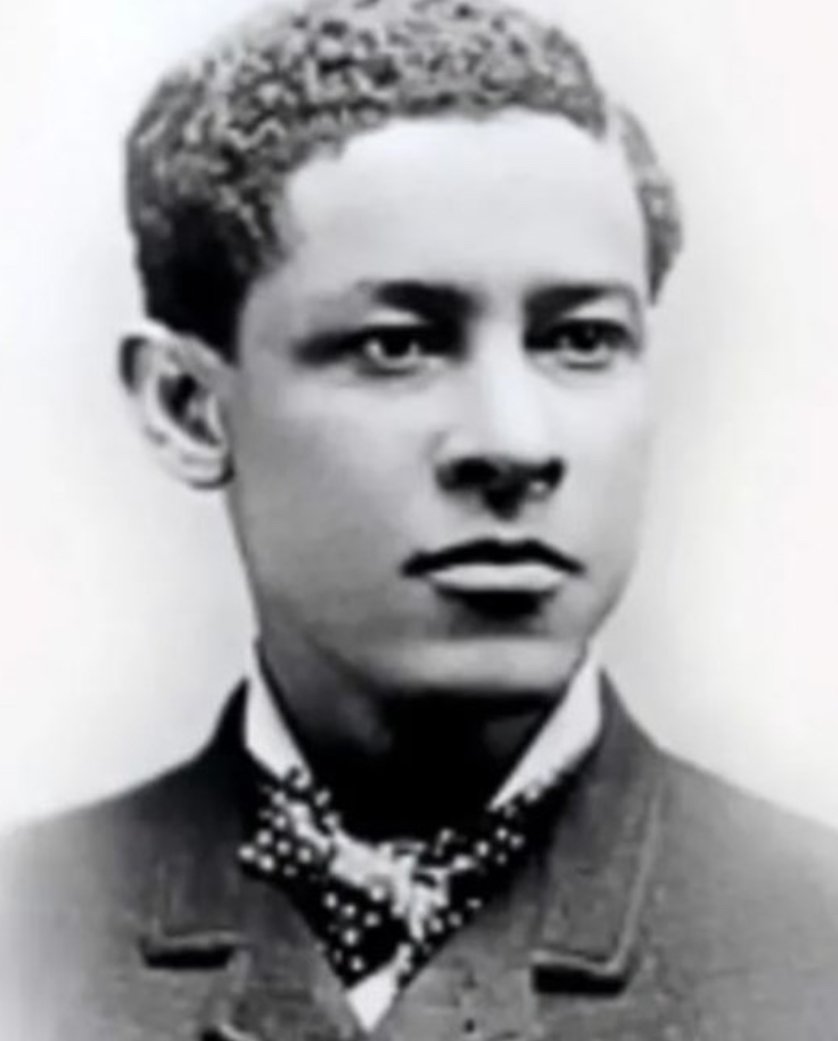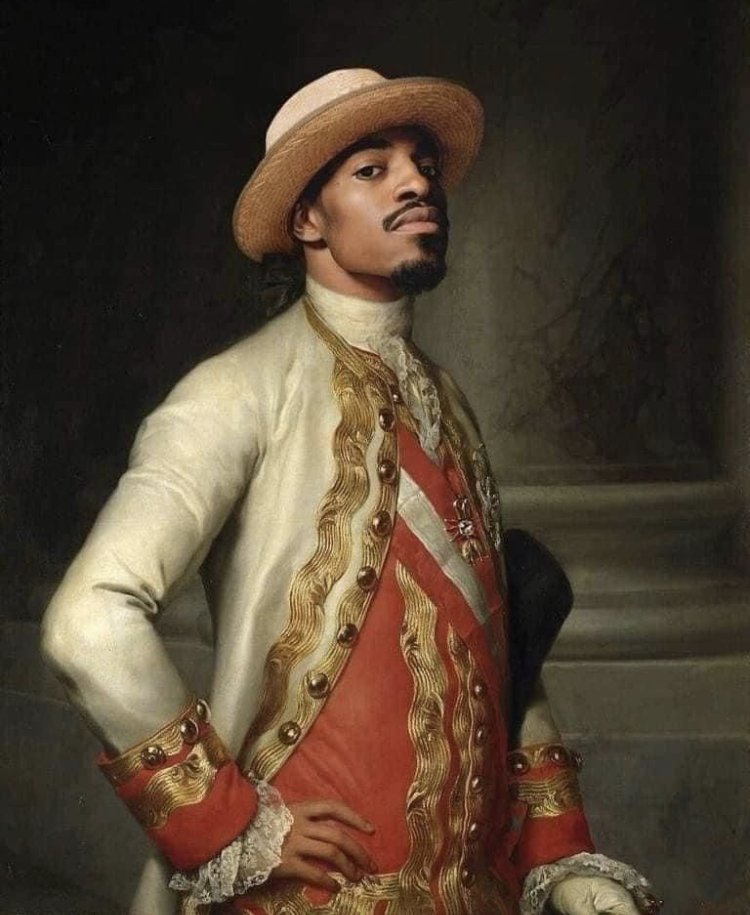
George Washington Carver - Black Inventor
George Washington Carver was a renowned black inventor, scientist, and educator who revolutionized agricultural practices in the United States. Born into slavery in 1864, Carver overcame significant obstacles to become one of the most influential scientists of the 20th century. His work in developing new uses for crops such as peanuts, sweet potatoes, and soybeans transformed the agricultural industry and had a lasting impact on American society.

Mark E. Dean - Black Inventor
Mark E. Dean is a name that may not be familiar to many people, but his contributions to the field of computer technology have had a profound impact on the world we live in today. Dean is a computer engineer who is best known for his work on the IBM personal computer and color PC monitor. In this blog post, we'll take a closer look at Dean's life, career, and contributions to the world of technology.

Shirley Jackson - Black Inventor
Shirley Jackson is an accomplished African-American inventor who has made significant contributions to the field of physics. Born in Washington, D.C. in 1946, Jackson grew up in a world where opportunities for black people were still limited. Despite this, she went on to develop several important scientific innovations that helped to revolutionize the field of physics.

Otis Boykin - Black Inventor
Oits Boykin was a brilliant African-American inventor who made significant contributions to the field of electronics. Born in Dallas, Texas in 1920, Boykin grew up in a world where opportunities for black people were severely limited. Despite this, he went on to develop several important electronic innovations that helped to revolutionize the field of electronics.

Elijah McCoy - Black Inventor
Elijah McCoy was a Canadian-American inventor and engineer who made significant contributions to the field of mechanical engineering. Born in Ontario, Canada in 1844, McCoy grew up in a world where opportunities for black people were severely limited. Despite this, he went on to develop several important inventions that helped to revolutionize the steam engine industry.

Granville T. Woods
Granville T. Woods was a black inventor who made significant contributions to the fields of electrical and mechanical engineering during the late 19th and early 20th centuries. He was born in 1856 in Columbus, Ohio, and his passion for technology was evident from a young age.

Clarence L. Elder - Black Inventor
Clarence L. Elder was a black inventor who made significant contributions to the field of electronics during the mid-twentieth century. He was born in 1928 in Chicago and grew up during a time when racial discrimination was rampant in the United States. Despite the obstacles he faced, Elder was determined to pursue his passion for science and technology.

Marie Van Brittan Brown
Marie Van Brittan Brown was a pioneering inventor and innovator who made significant contributions to the world of home security. Born in Queens, New York in 1922, Brown grew up in a time when opportunities for black women were severely limited. Despite this, she went on to develop an innovative home security system that laid the foundation for modern home security systems used today.

Lewis Latimer - Black Inventor
Lewis Latimer is widely regarded as one of the most important inventors in American history. Born to parents who had escaped from slavery, Latimer grew up in a world where opportunities for people of color were limited. Despite this, he went on to become an accomplished inventor and engineer, and his work had a profound impact on the world of technology.

Garrett Morgan
One of Morgan's most famous inventions is the three-position traffic signal, which he patented in 1923. At the time, traffic signals only had two positions, red and green, which often caused confusion and accidents. Morgan's innovation added a third position, a warning light, which gave drivers enough time to prepare for the next signal change.

Jan Matzeliger
The invention of the automatic shoe lasting machine was a game-changer for the shoe manufacturing industry. It significantly reduced the cost of production and increased the speed and efficiency of the process. It also helped to make shoes more affordable for the average person, as the cost of production was no longer as prohibitive. Matzeliger's machine was so successful that it was eventually adopted by shoe manufacturers around the world, and he was granted a patent for his invention in 1883.








